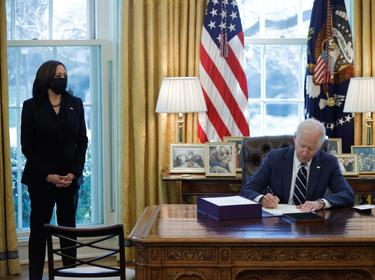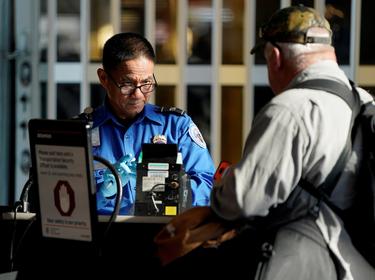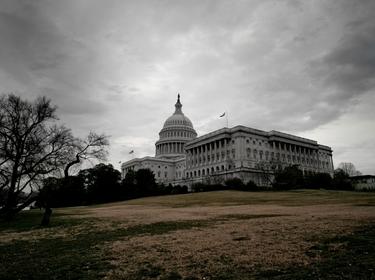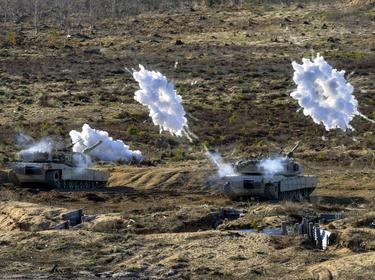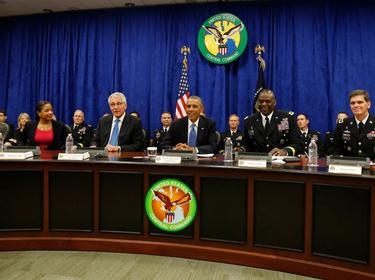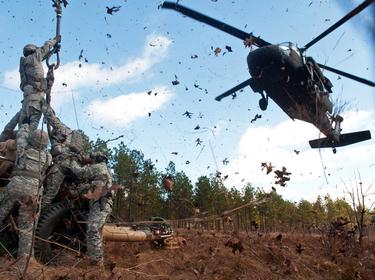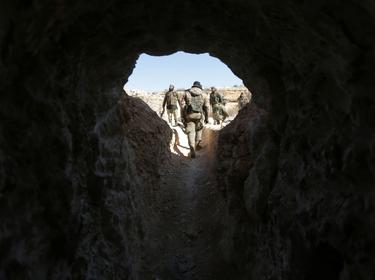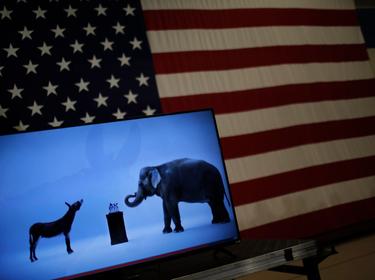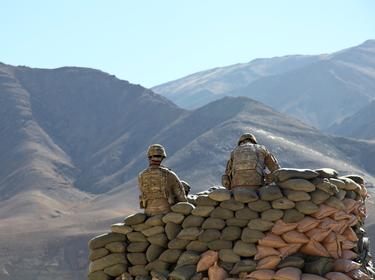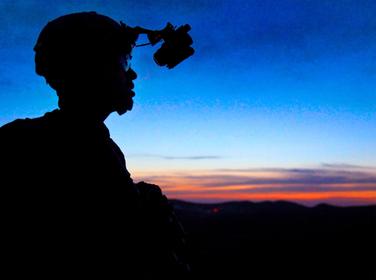Overview
Andrew Hoehn is senior vice president for Research and Analysis at the RAND Corporation. He is responsible for all U.S.-based research and analysis, quality assurance, and recruitment and oversight of RAND's 1500 research staff. He previously served as RAND vice president and director of Project AIR FORCE (PAF), where he oversaw research and analyses on strategy, force employment, personnel and training, and resource management. He first joined RAND as director of PAF's Strategy and Doctrine program. Previously, Hoehn was the deputy assistant secretary of defense for strategy, where he was responsible for developing and implementing U.S. defense strategy, force planning and assessments, and long-range policy planning. Earlier, as principal director for strategy and director for requirements in the Office of the Secretary of Defense, he was responsible for policy oversight of resource planning, materiel requirements, and military roles and missions. Prior to joining government, Hoehn was associate editor of the Marine Corps Gazette. He is a member of the Council on Foreign Relations and the board of visitors at the University of Pittsburgh Graduate School of Public and International Affairs. He earned an M.A. in public and international affairs from the University of Pittsburgh, and a B.A. in political science from Baldwin-Wallace College.
Previous Positions
Vice President and Director, Project AIR FORCE (PAF); Director, Strategy and Doctrine Program, PAF; Deputy Assistant Secretary of Defense for Strategy
Recent Projects
- Strategic Rethink: a series of volumes in which RAND explores the elements of a national strategy for the conduct of U.S. foreign policy in a fast-changing world
- Setting aggregate demand for military capabilities
Selected Publications
Ochmanek, David A., Andrew R. Hoehn, James T. Quinlivan, Seth G. Jones, and Edward L. Warner, America's Security Deficit: Addressing the Imbalance Between Strategy and Resources in a Turbulent World: Strategic Rethink, RAND Corporation (RR-1223), 2015


